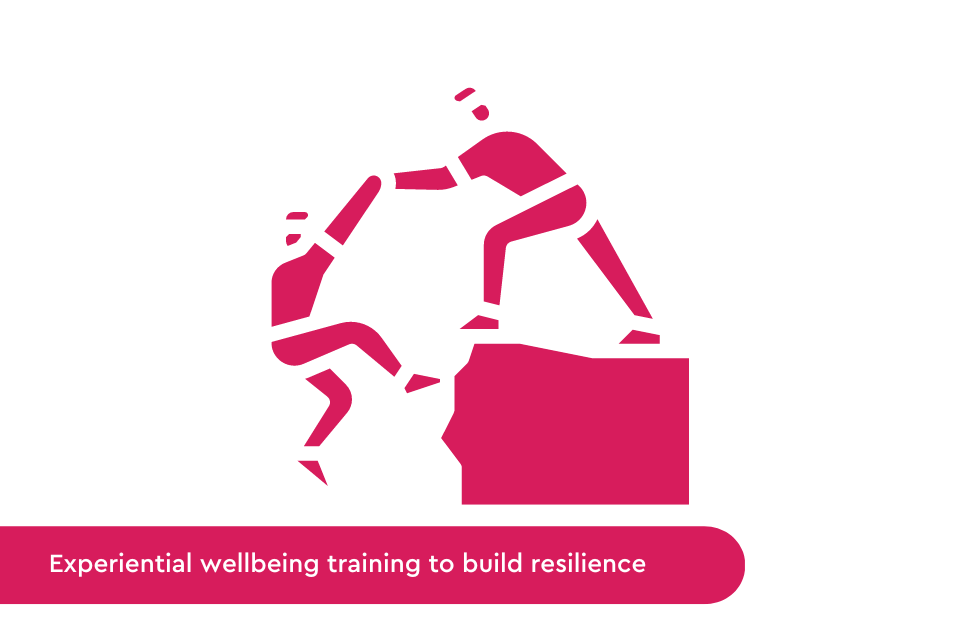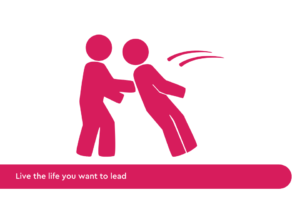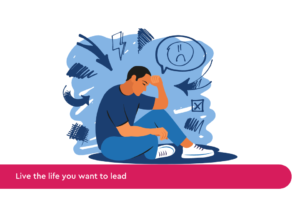Trust: the firm belief in the reliability, truth, or ability of someone or something.
Google dictionary definition
I sometimes think that trust is quite an odd concept when you really think about it. When do you trust someone? Why do you trust them? What does someone need to do to be trusted? It raises a lot of questions.
It’s a difficult moment to truly pinpoint when you decided to trust someone. Did you decide? Did it just happen? I believe at the most basic level; it is a natural process controlled by our subconsciousness. And having done some research it seems to be related to science and the release of oxytocin that contributes to giving trust and being trustworthy. I’m in good company, Harvard Business Review agrees with me!
One thing we do seem to remember is when someone breaks our trust or when it is lost.
Trust is hard to define, but we do know when it’s lost. When that happens, we withdraw our energy and level of engagement.
And that is what is key in this situation, we withdraw our energy and level of engagement. In a workplace environment, it might be a loss of trust in the company or with a boss or employee or between peers. Either way that is going to have an impact.
It makes sense then that looking at ways to build and maintain trust should be high on the agenda for organisations.
However, the thing with trust is that it is a constant, it needs to always go both ways and be worked on constantly. Therefore, shouldn’t building trust should be part of a company’s culture?
Fostering Trust at work – quick tips!
Get to know each other. How about a team day or a conversation by the kettle? Team cuppas are also great, a quick catch-up about the weekend can work wonders for team morale. If someone truly believes you are interested in them, they are more likely to trust you.
Information sharing. Trust is built through the exchange of information. You get to know someone, it builds relationships. But also, it helps to navigate the relationship. Information sharing is an open form of communication that involves give and take and therefore trust.
Collaboration. Another way of getting to know someone is working with them. It builds bonds especially if you are working towards the same goal.
Vulnerability. If you are vulnerable with someone and can show your weaknesses it means that you trust them enough to be open. Your team are more likely to find you approachable and be open and honest with you.
Do what you say you will do. Not doing what you say you will isn’t supporting the team or their goals. It will reduce confidence in you and break trust.
Acknowledgement. Acknowledge a job well done. Share it with the team and make someone feel good about themselves.
Adjust management style. If needed, identify your management style, and see if it could be adapted to suit your team and the culture. Micromanaging will never build trust as they won’t believe that you trust them. Trust builds trust.
It’s not about being easy on your employees or expecting less from them. High-trust companies hold people accountable but without micromanaging them. They treat people like responsible adults.
Harvard Buisness Review




